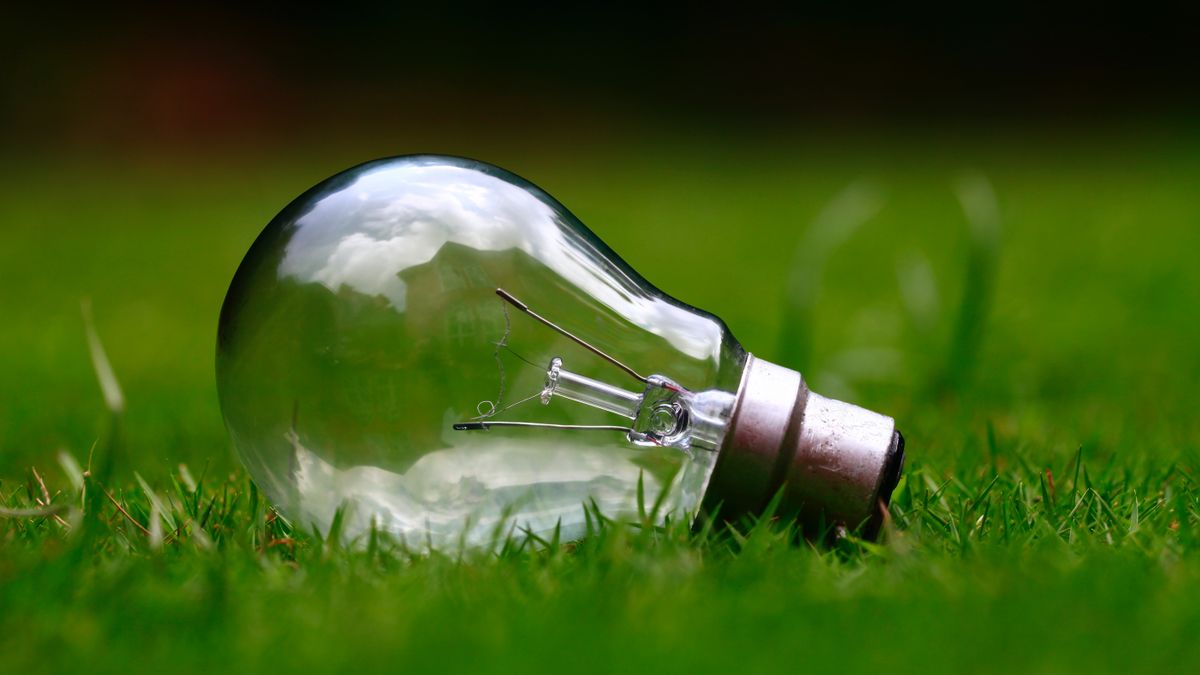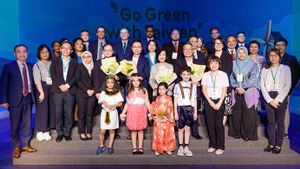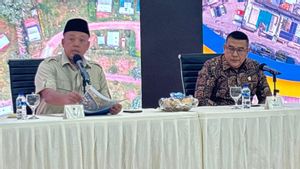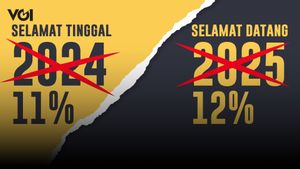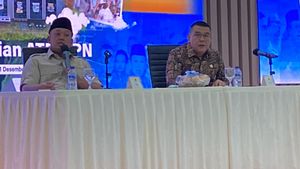JAKARTA - Energy Industries Asia ABB stated that Indonesia has the potential to become a center of sustainable energy in the global arena.
President of Energy Industries Asia ABB Anders Maltesen said, especially since Indonesia has a very promising capacity of renewable resources, including more than 550 GW of solar power, 450 GW of wind power, 100 GW of hydropower, 10 GW of geothermal power, and 20 GW of biomass.
"Giving a great opportunity for Indonesia to create a clean electricity sector," said Anders Maltesen quoting Antara.
Located strategically in the Asia Pacific region, Indonesia is the largest energy consumer in Southeast Asia with increasing energy needs. Indonesia plays an important role in realizing an effective energy transition both regionally and globally.
"Indonesia has the potential to become a leading regional producer of hydrogen and ammonia with a competitive advantage in clean hydrogen production," said Anders Maltesen.
Indonesia also has the second largest gas reserves in Asia Pacific and the region's third-largest CO2 storage potential for blue hydrogen, as well as the world's second-largest geothermal potential for green hydrogen and more than 200 GWs of solar power potential.
Indonesia is also geographically located close to countries that have high demand for clean hydrogen, such as Japan, South Korea, and Singapore, which together represent a hydrogen market of 4 million tons per year.
The need to cut emissions, followed by the need to meet energy demand, requires a comprehensive and multidisciplinary approach. To ensure a successful transformation, Indonesia continues to strive to reduce dependence on the electricity sector on fossil fuels, adopt cleaner and more sustainable energy sources, while switching to carbon-free energy systems.
Within the framework of regulation, the government has implemented various fiscal policies and incentives to encourage green growth, focusing on electric mobility, carbon markets, and renewable energy.
In addition, a Just Energy Transition Partnership (JETP) has been formed, a global partnership that agrees on the mobilization of public and private financing of US$20 billion to decarbonize Indonesia's energy sector while maintaining a global warming limit of 1.5 degC. Under JETP, Indonesia sets a target of reducing carbon emissions to 250 million metric tons per year for the on-grid electricity sector by 2030, while increasing the share of power plants from renewable energy to 44 percent.
SEE ALSO:
If done properly, the promising result of the energy transition policy, supported by massive political leadership and cultural transformation, will enable this progress to occur. Indonesia's energy transition is an indicator of its transformation into an advanced economy.
"In order for Indonesia to achieve its energy transition target and zero emissions, energy industry players must collaborate through strategic partnerships between countries, regions and industries to the local community to ensure fair benefits for all," said Anders Maltesen.
As an energy technology partner, ABB is committed to transforming the energy sector through a complete portfolio of electrification, process automation and digitization solutions.
Solutions are designed to support customers in navigating energy transition complexity and achieving net zero emission.
The English, Chinese, Japanese, Arabic, and French versions are automatically generated by the AI. So there may still be inaccuracies in translating, please always see Indonesian as our main language. (system supported by DigitalSiber.id)
